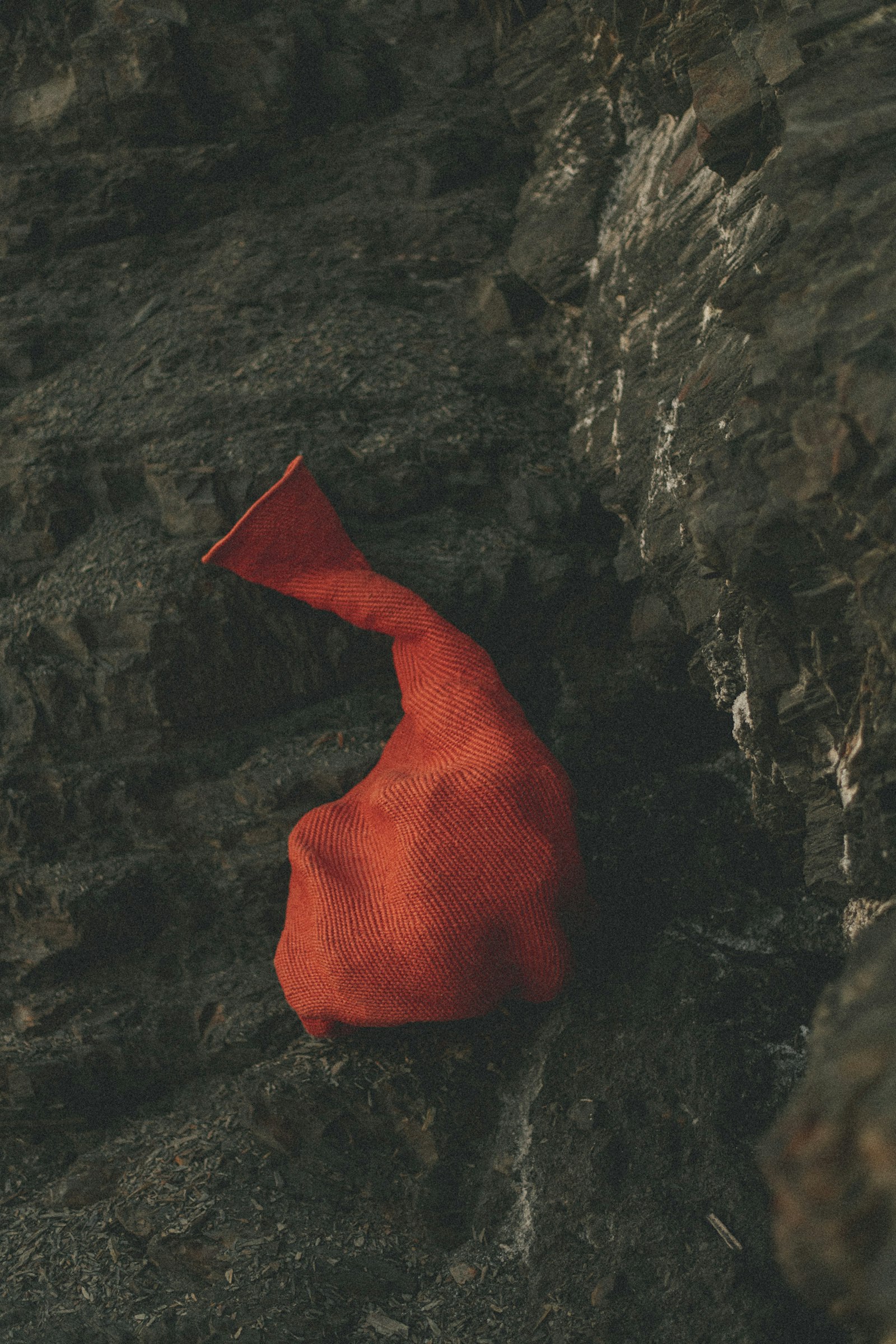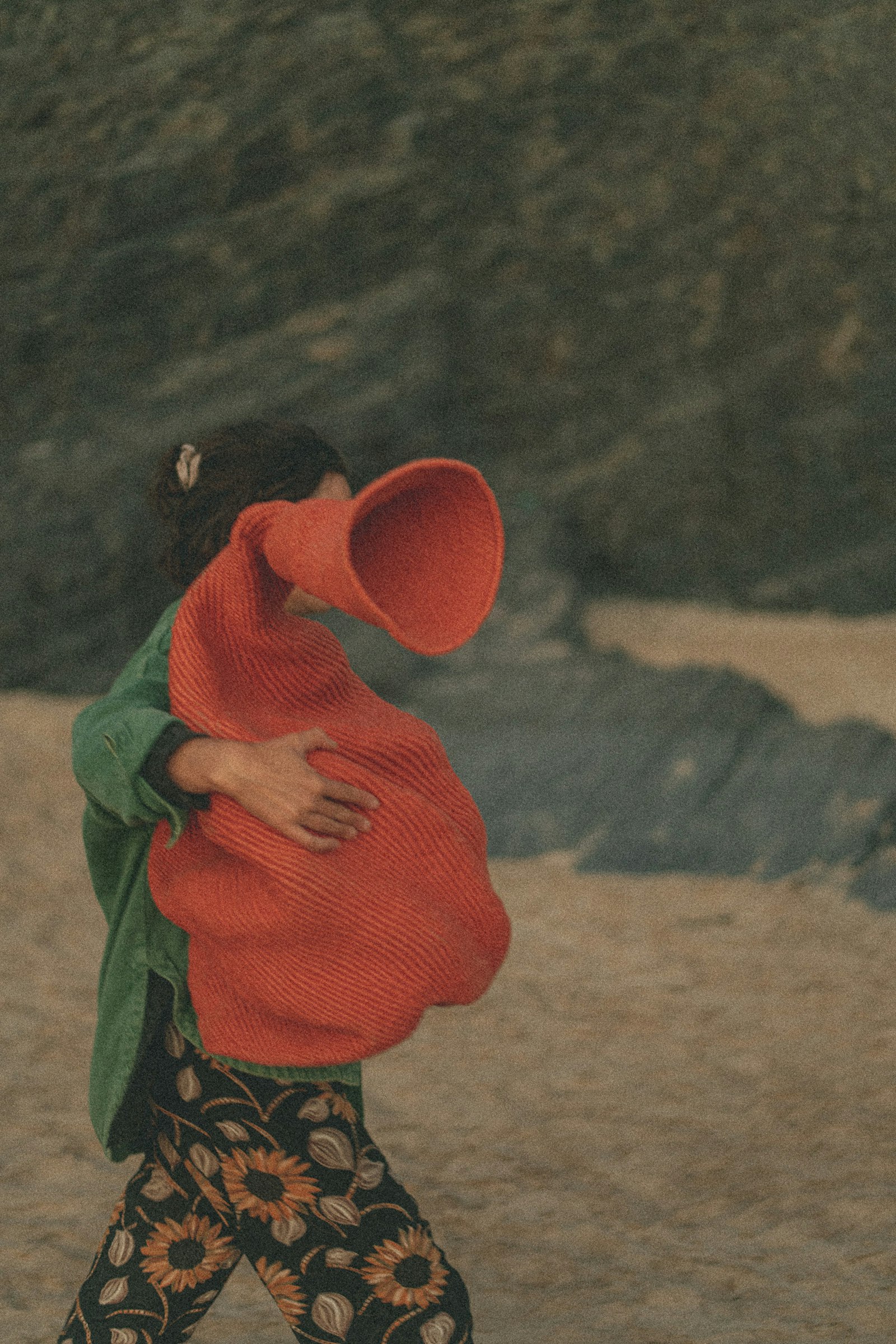de Velde
Tucumã
Tucumã are sculptures made using Brazilian braiding techniques.
Tucumã consists of woven sculptures made from discarded ropes from a vineyard. The sculptures are a translation of traditional basket weaving techniques into a new design language. ‘Tucumã’ refers to a community in the Brazilian rainforest and more specifically to the Tucumã palm tree and its oily, orange fruit. Ysaline Ophoff applied the techniques learned to waste materials with different characteristics and looked for ways to manipulate traditional forms.
The jury on Tucumã:
Tucumã is striking due to the origin of the material, the complex weaving techniques and the fact that it floats between sculpture and utility object. As a young designer, going back to centuries-old techniques to make one’s own design language using those techniques is powerful. The collection as a whole is testament to a universe of its own in which it can be enjoyed.
What does this award mean to you?
Atelier Balancê was founded on an intuitive process, based on curiosity and personal interest in indigenous cultures, crafts and primitive creative processes. For me, the Henry van de Velde Award is a great encouragement to continue to rely on my intuition and organic way of working. It is a huge honour to receive recognition from design industry professionals. And it's obviously a great way to get visibility and to reach people that I wouldn't otherwise reach or would find harder to reach.
How did the idea for this project come about?
At the end of 2019, I went to the Brazilian Amazon for a few months, where I surrounded myself with local basket weavers. That journey made a real impression on me and inspired me to bring different stories together. The story of Tucumã, a small river community in Pará, where the inhabitants live in and with nature, and where the indigenous culture and traditions are still deeply rooted. The story of an ancient craft and how it is passed down verbally in all its layering: from plant knowledge and technical know-how to the social value of being together and creating together. The story of a search for how these traditional basket-weaving techniques can be applied today. What alternative materials are available? How can a new design language be created?
How does it contribute to a better world?
The basket is a prehistoric utility object that was hand-woven with what nature had to offer. Now, all these years later, we are inundated with all kinds of waste streams and industrial production processes. Applying traditional basket braiding techniques to these residual flows slows the manufacturing process down again. With Atelier Balancê, with my hands as tools, I seek to pay tribute to slowness and traditional crafts and contribute to an ecological awareness. Tucumã is the formal translation of the poetry that I find in the mythical and the dynamics of nature, in its constant transformation, in its timeless greatness, in its emotion. And to capture that beauty and transform it into something tangible, in my opinion, makes the world more beautiful and therefore better.






